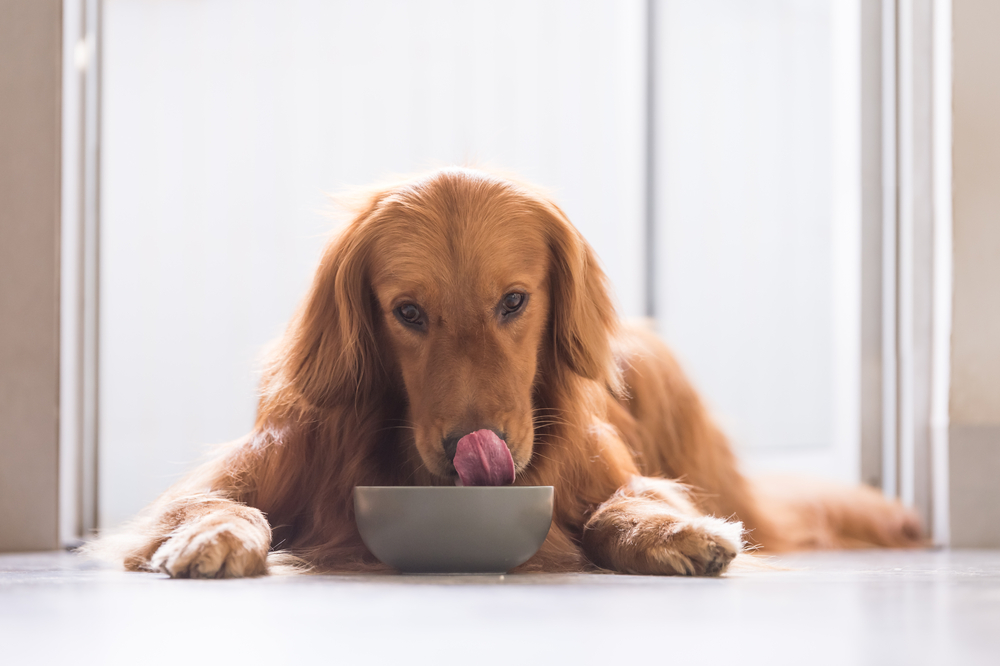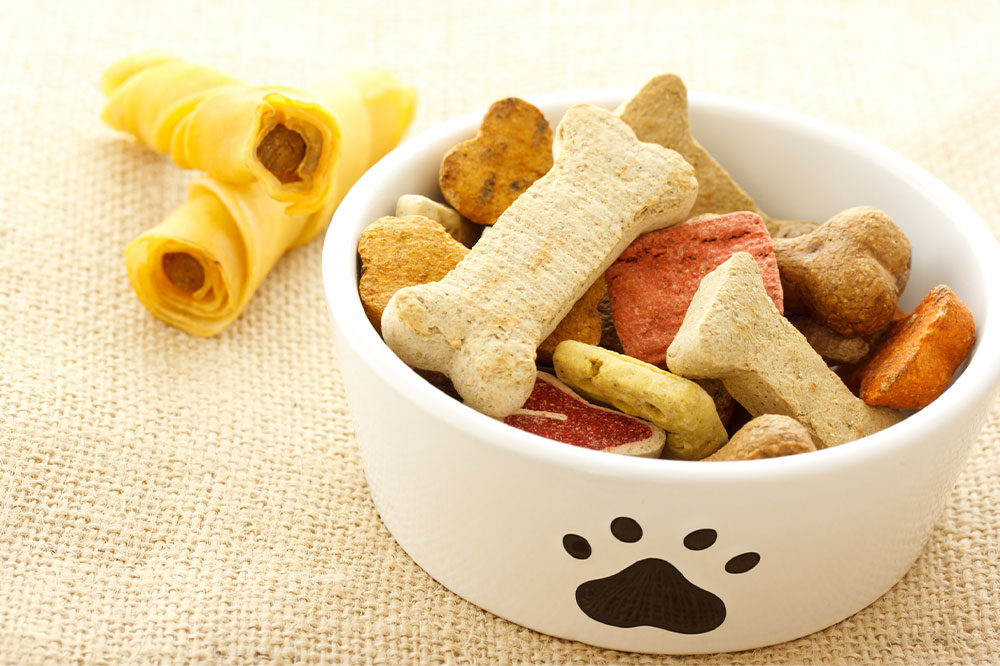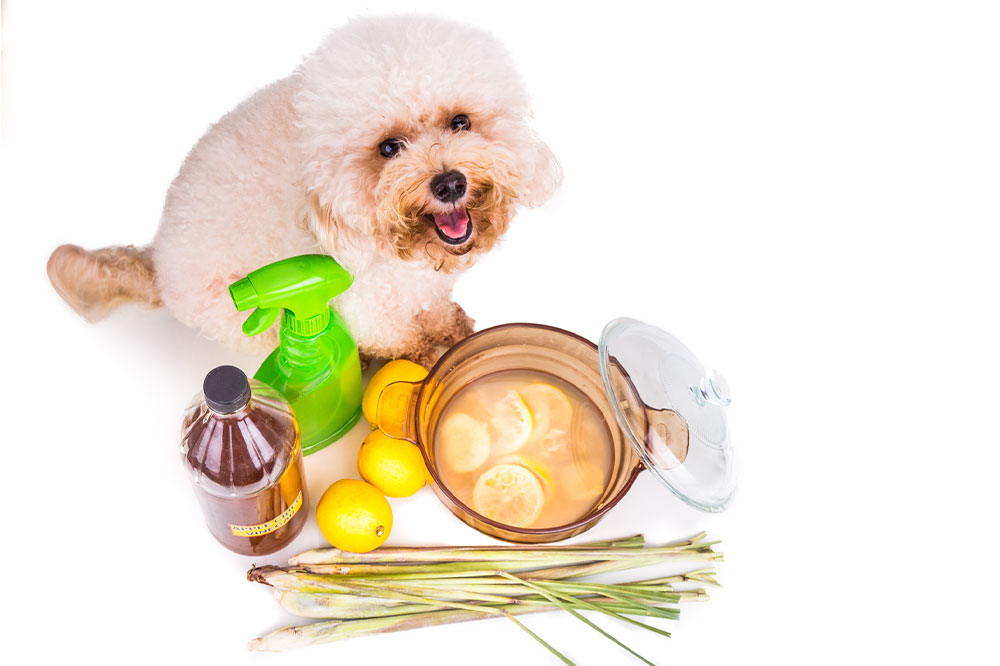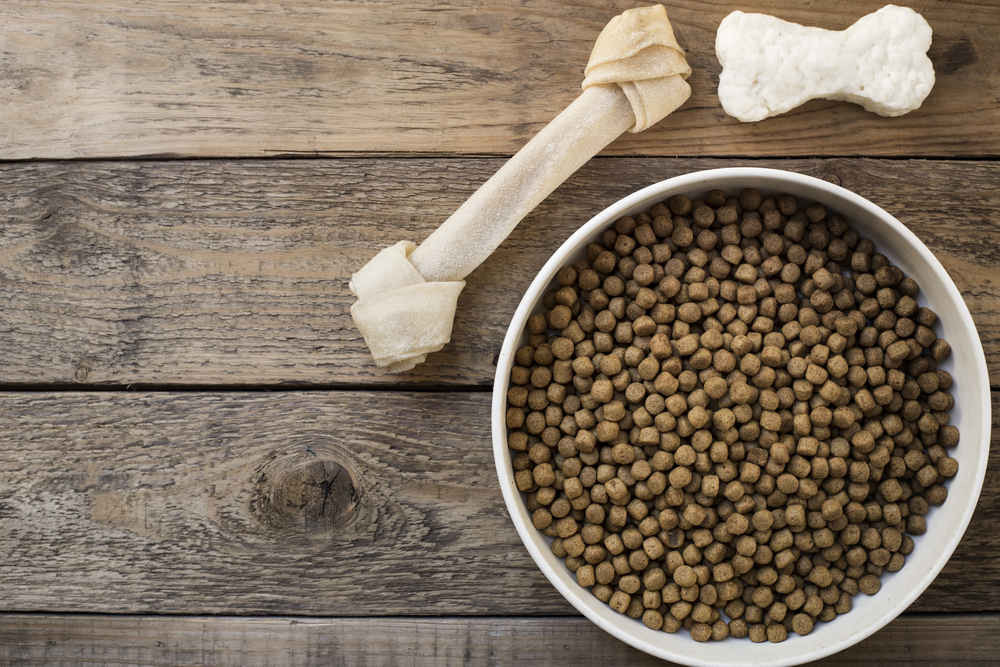Essential Guide to Foods That Can Harm Dogs and How to Keep Your Pet Safe
This comprehensive guide details common human foods that are harmful to dogs, such as chocolate, grapes, onions, raw eggs, and raw bones. It emphasizes the importance of avoiding these foods to prevent health risks like poisoning, kidney failure, and digestive injuries. Pet owners can learn safer dietary alternatives and consult veterinarians for proper nutrition. Protect your dog by being informed about these dangerous foods and ensuring a safe, healthy diet tailored to your furry friend's needs. Prioritize your pet’s safety with knowledge and vigilance.
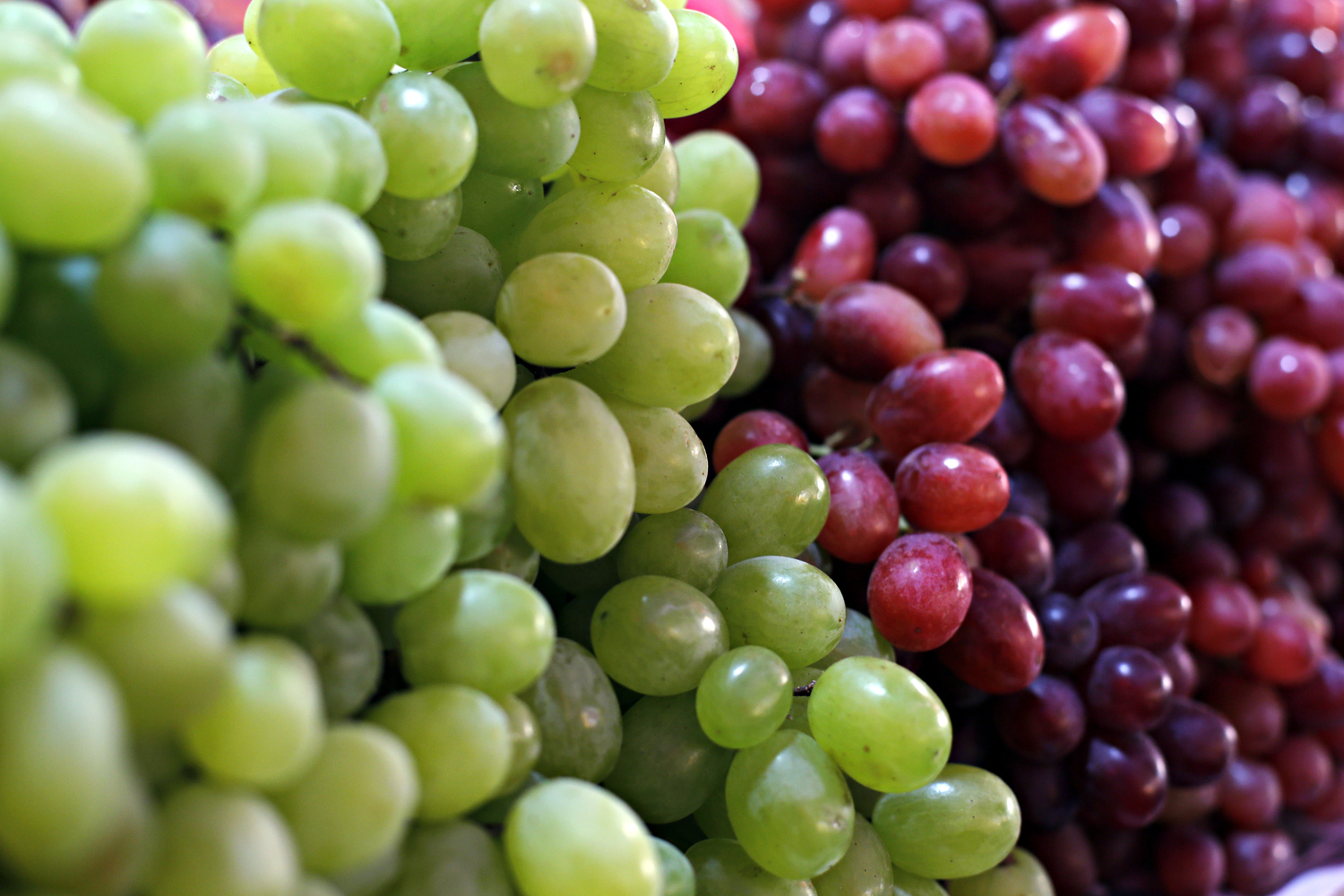
Foods That Are Toxic and Dangerous to Dogs
As a responsible pet owner, you naturally want to provide your dog with nutritious and safe foods that promote their overall health, happiness, and well-being. Proper nutrition can support a dog’s dental health, strengthen their joints, boost their energy levels, and give their coat a healthy shine. However, many common human foods that are safe and healthy for us can be dangerous or even deadly to our canine companions. Understanding which foods to avoid is crucial for safeguarding your pet’s health and preventing potentially life-threatening situations. In this comprehensive guide, we will explore the most common human foods that pose risks to dogs, how they can affect your pet’s health, and what safer alternatives you can offer instead.
1. Chocolate and Caffeine: Beware of the Hidden Dangers
Chocolate is one of the most well-known toxic substances for dogs. It contains theobromine and caffeine—both of which are stimulants that can have deadly effects when ingested by dogs. The amount of theobromine varies depending on the type of chocolate; dark chocolate and baking chocolate contain the highest levels, making them especially dangerous for smaller breeds. When a dog consumes chocolate, symptoms such as vomiting, diarrhea, rapid breathing, increased heart rate, tremors, seizures, and in severe cases, death can occur. The danger increases with the amount ingested relative to the dog’s size.
Caffeine, also present in chocolate, can cause hyperactivity, restlessness, rapid heartbeat, and even seizures. It’s important to keep all forms of chocolate, cocoa-based products, and caffeinated foods out of reach of pets to prevent accidental poisoning.
2. Grapes and Raisins: Potentially Lethal to Dogs
Many pet owners are unaware that grapes and raisins—even in small quantities—can cause severe kidney damage in dogs. The exact toxic substance in grapes and raisins remains unknown, but the correlation between consumption and kidney failure has been well established. Symptoms of poisoning include vomiting, diarrhea, lethargy, loss of appetite, and signs of kidney failure such as increased thirst and urination. Ingesting even a small handful of raisins can be risky for small or medium-sized dogs. To be safe, it's best to keep grapes and raisins completely out of your pet’s diet and stored location.
3. Onions, Garlic, and the Allium Family: Harmful Vegetables for Dogs
Allium family vegetables—such as onions, garlic, leeks, chives, and shallots—are common ingredients in many human dishes, but they are highly toxic to dogs. These vegetables contain compounds that damage red blood cells, leading to a form of anemia called hemolytic anemia. Symptoms include weakness, lethargy, pale gums, rapid breathing, and dark-colored urine. All parts of these vegetables—raw, cooked, dried, or powdered—can cause harm. Even small quantities can be dangerous, so it's important to avoid feeding any food containing allium vegetables to your pet.
4. Raw Eggs: Risks of Bacterial Infection
While cooked eggs are a nutritious addition to many dog diets, raw eggs pose health risks due to potential bacterial contamination, mainly Salmonella and E. coli. Consuming raw eggs can result in symptoms such as diarrhea, vomiting, lethargy, and stomach upsets. In addition to bacteria, raw egg whites contain a protein called avidin that can inhibit the absorption of biotin—an essential B vitamin—potentially leading to skin and coat issues if fed excessively over time. To safely incorporate eggs into your dog's diet, ensure they are cooked thoroughly and sourced from reputable suppliers.
5. Raw Meat and Bones: Dangers and Risks of Choking
Raw meat may seem like a natural diet choice for some pet owners, but it carries significant risks. Raw meat can harbor harmful bacteria such as Salmonella, E. coli, and Listeria, which can cause severe illness in dogs and pose health risks to humans through cross-contamination. Additionally, raw bones—often marketed as dental treats—can splinter easily, leading to choking hazards, mouth injuries, or damage to the digestive tract. Splinters can cause internal blockages, perforations, or infections that might require surgical intervention.
To safely provide your dog with the benefits of bones and raw meats, consult your veterinarian to develop a diet plan that minimizes risks while supporting your pet’s nutritional needs. Always supervise your dog when they are chewing on bones, and opt for specially prepared, veterinarian-approved dental chews instead.
Consulting with your veterinarian is the best way to determine safe feeding practices and appropriate foods for your dog. Educating yourself about hazardous foods helps prevent accidental poisoning and ensures your pet enjoys a long, healthy life. Remember, what is safe for humans isn’t always safe for dogs—keeping dangerous foods away from your furry friend is essential for their safety and happiness. Regular check-ups and open communication with your vet will help maintain your pet’s health and address any dietary concerns effectively.


